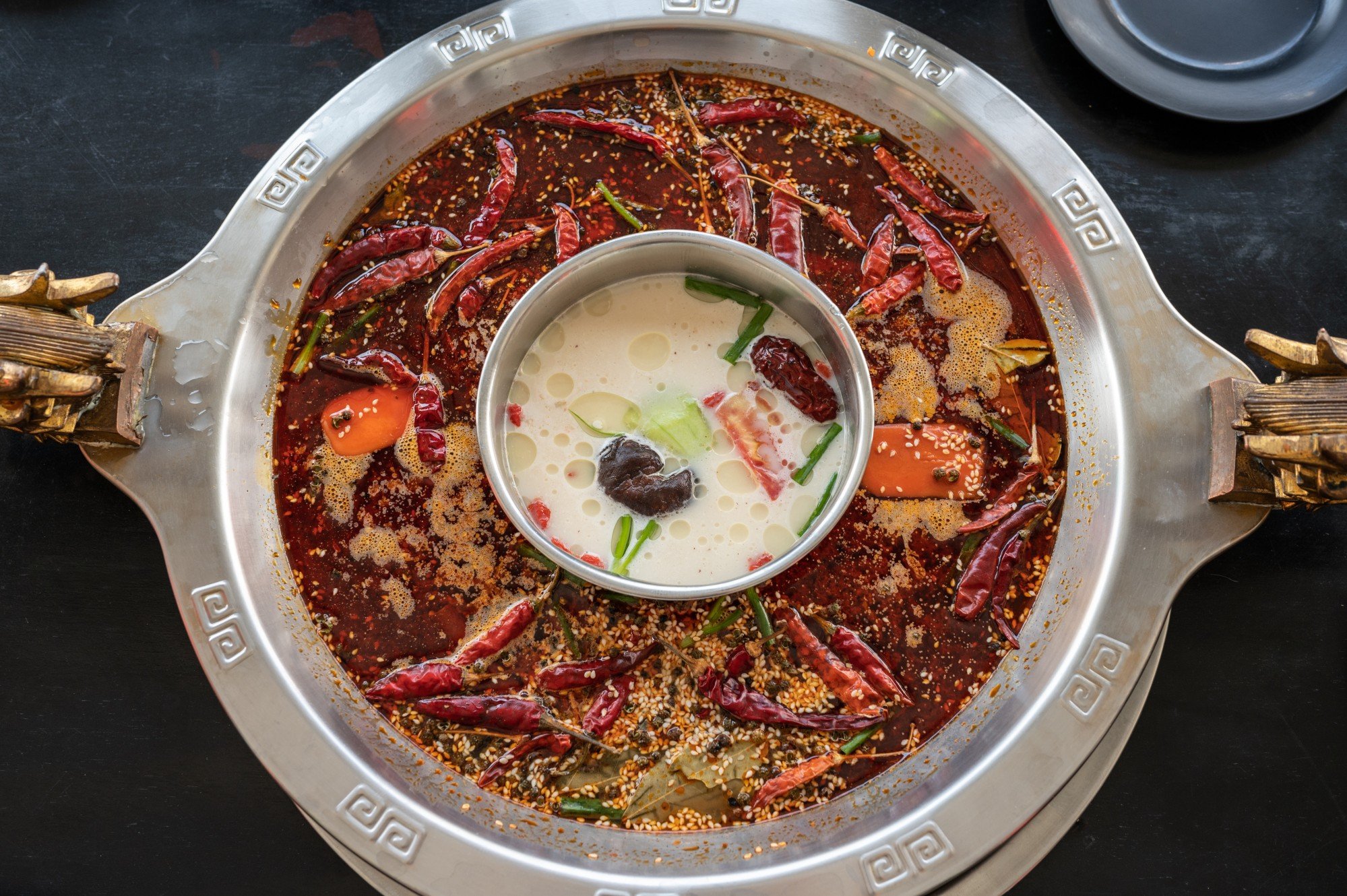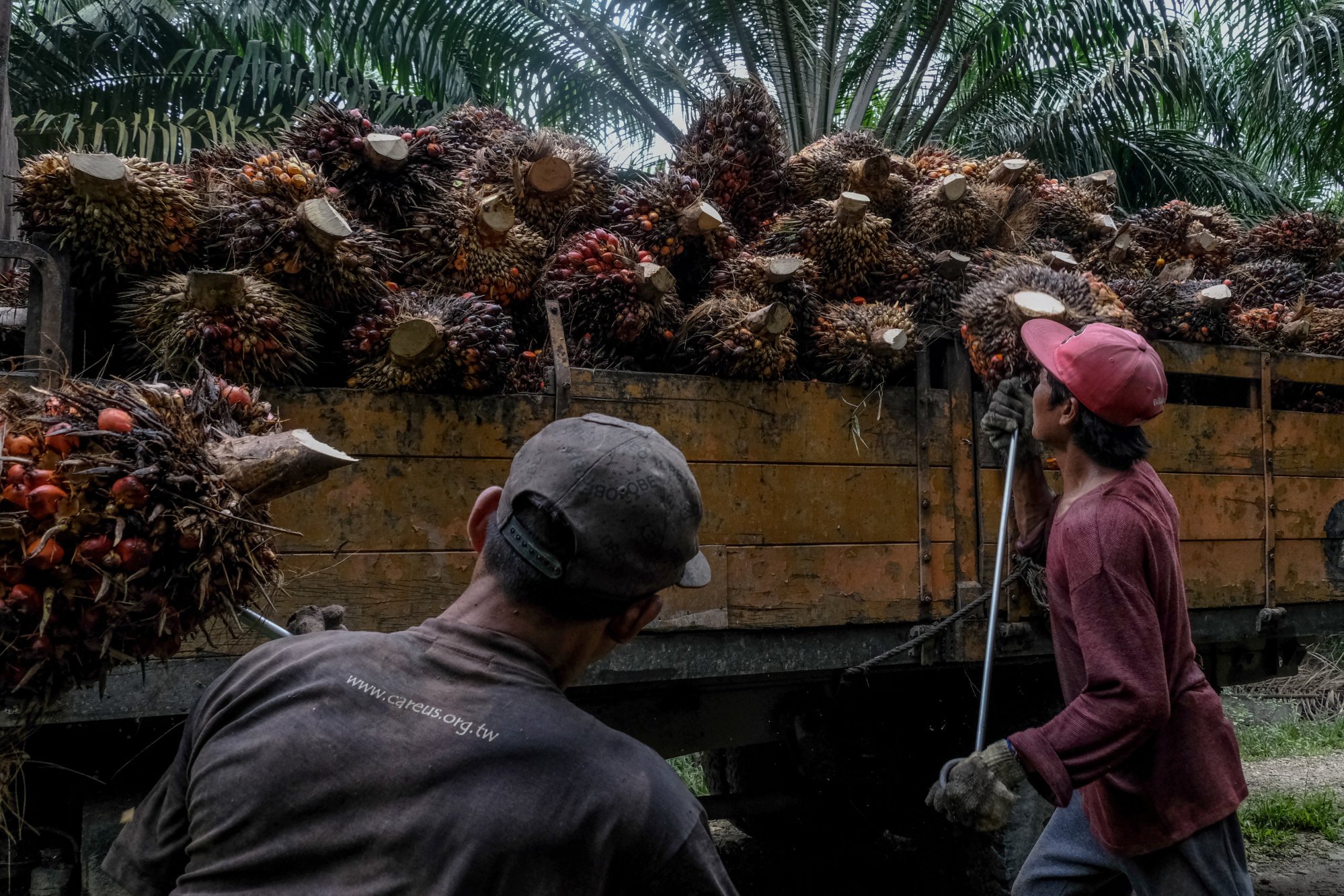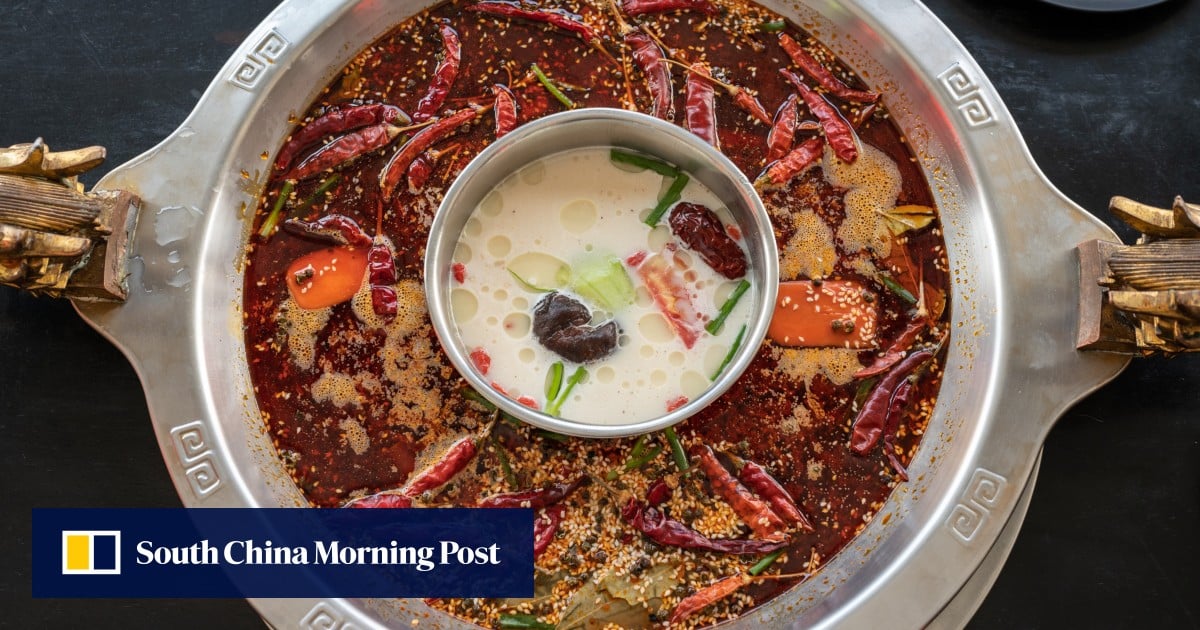China is the second-largest importer of Malaysian palm oil, buying last year nearly 3.1 million tonnes of the controversial commodity that environmental groups have said is responsible for mass deforestation and the destruction of the habitat of critically endangered animals such as the orangutan.
But Malaysia thinks there is plenty more room to grow demand in China, which counted nearly 400,000 restaurants across the country that specialise in Sichuan hotpot in 2021, according to the official data.

The government has cooked up a plan to convince the hundreds of thousands of hotpot operators in China to consider palm oil as an alternative base for the tongue-numbing broth, which is often made from beef tallow and can be so spicy that some versions purportedly cause hallucinations.
“Palm oil is not only abundant but also versatile and stable under high heat, which is ideal for the intense cooking process of mala hotpot,” Malaysia’s Plantation and Commodities Deputy Minister Chan Foong Hin told This Week in Asia.
Chan said the government had already set up partnerships with Chinese enterprises in a bid to embed palm oil as deeply as possible in the hotpot industry supply chain, while actively promoting the benefits of using palm oil in China’s culinary traditions.
“The feedback so far has been very positive, indicating a strong potential for growth in this market segment,” he said.
Malaysia’s hotpot push began last year, when domestic restaurant operators and commercial producers of the mala hotpot soup base sought alternative fats to offset a shortage in beef tallow, which is traditionally used due to its flavour and texture.
The shift coincided with complaints filed to the World Trade Organization by Malaysia and Indonesia, the world’s largest producer of palm oil, against the EU’s deforestation regulation that the two nations said placed unfair restrictions on palm oil in favour of vegetable oils grown in Europe.

The WTO in March ruled in favour of the EU’s move to exclude palm oil as a renewable source of biofuel by 2030 under its deforestation regulation, which was formally adopted in 2021 to drop imports of crops grown on deforested land or where there is a high risk they would displace food crops.
Once in full effect, the EU’s regulation would ban the import of vegetable oils deemed to have contributed to recent deforestation. Malaysia and Indonesia have said that it places unreasonable requirements on smallholders, who can ill afford to implement technology such as GPS tracing on their produce.
Malaysia has argued that it no longer allows land clearing or deforestation to expand oil palm plantations in the country.
In 2015, it launched its Malaysian Sustainable Palm Oil (MSPO) certification to promote sustainable practices in the industry and counter the deforestation narrative that has been a common thread in diplomatic and public discussions in Europe.
The EU remains a major market for Malaysian palm oil and palm oil products.

The region imported nearly 2.8 million tonnes in 2023, but demand has seen a steady decline as EU member states face sustained public resistance to the ubiquitous oil, used in everything from making lipsticks and soaps to pastries and the popular Nutella spread.
Malaysia was actively promoting the use of MSPO-certified palm oil and palm oil products to China, deputy minister Chan said, adding that the now-mandatory certification for Malaysian-produced palm oil showed “Malaysia’s commitment to sustainable palm oil production”.
“China has shown a positive view of MSPO and is accepting imports of MSPO-certified products. More Chinese companies are expected to import MSPO-certified palm oil products in the future,” he said.

